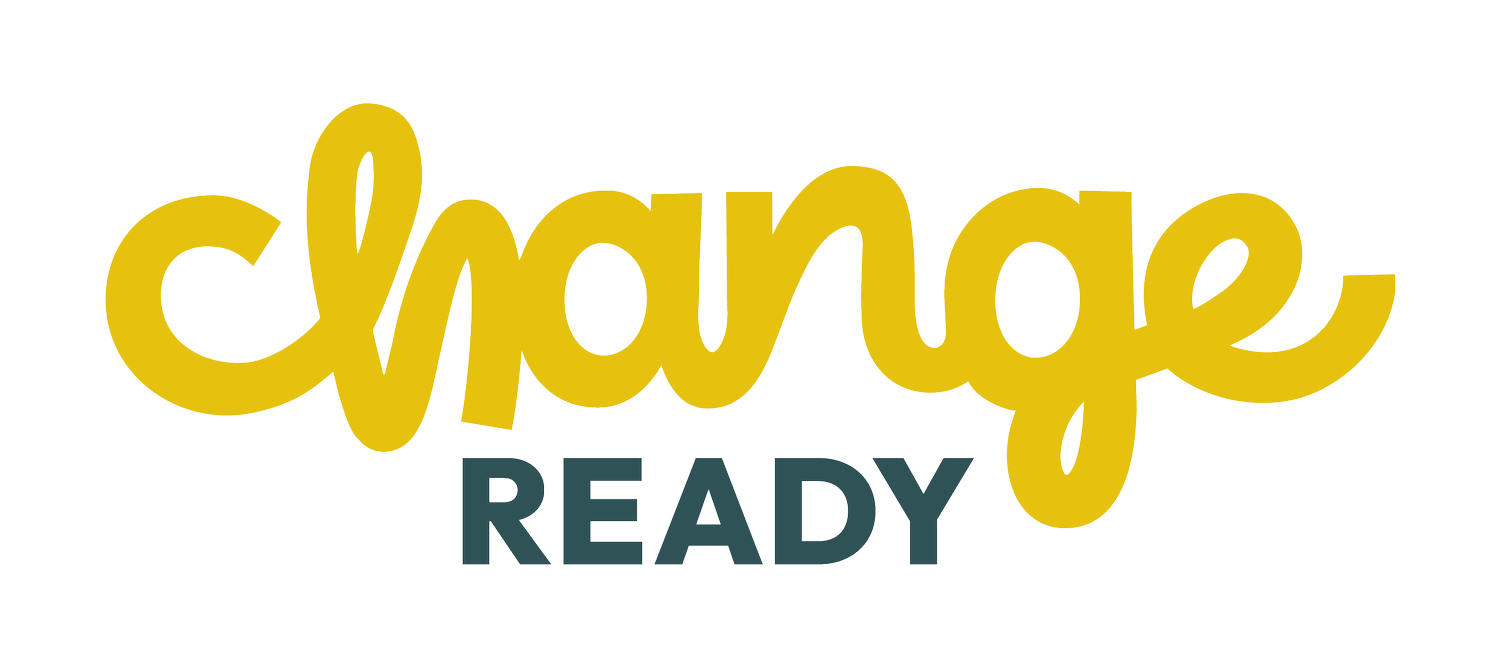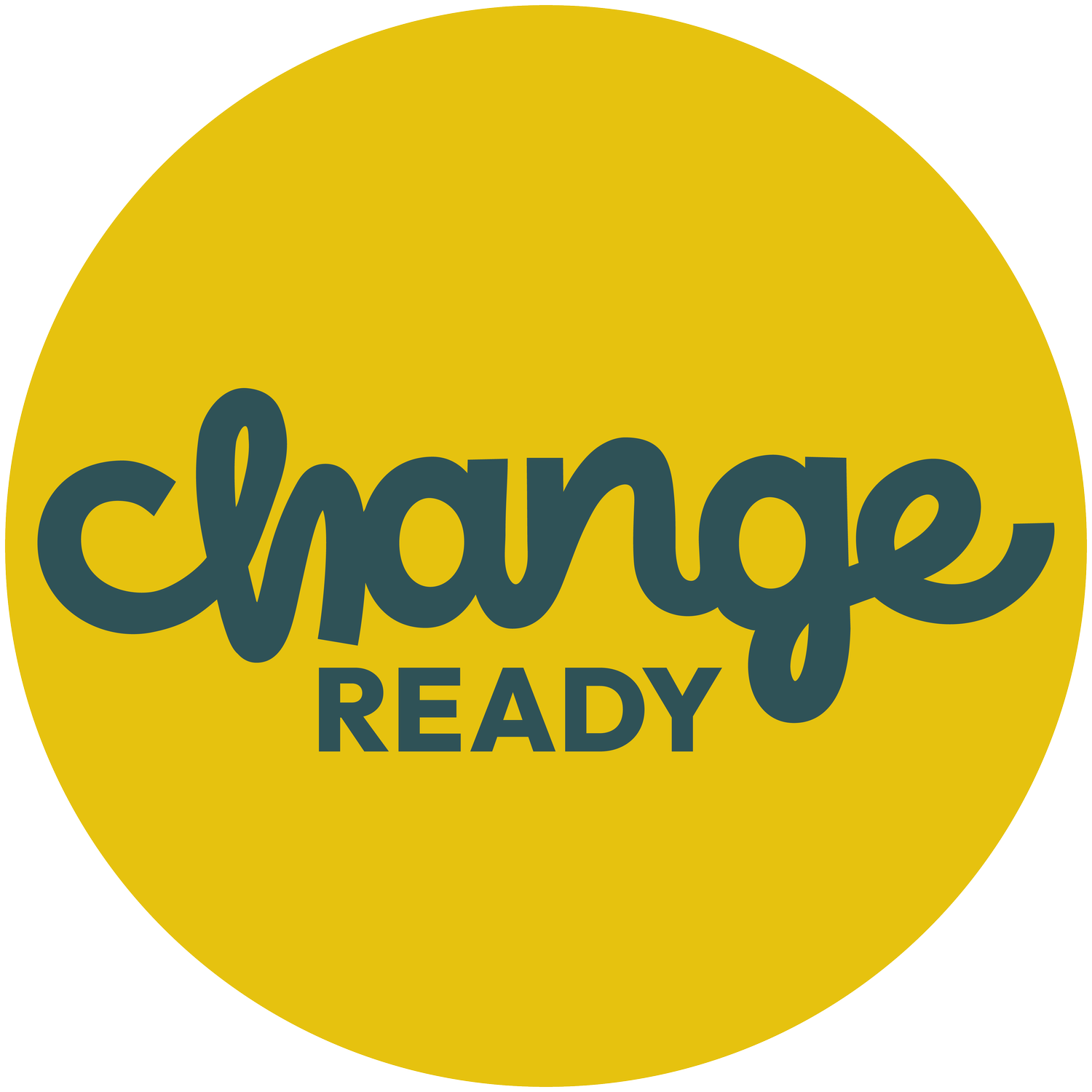What if we ditched 'Stakeholder Management' and built Change Communities instead?
February 10, 2023
A couple of years ago my husband and I moved to the Peak District. We rented a flat in a beautiful village, with trails into the hills and across the moors, right from our doorstep. It was an experiment to see if we could make the outdoor lifestyle our every-day, not just a weekend getaway.
It's always a risk trying something new. The fear of the unknown and starting again somewhere new was pretty daunting.
So far so good. The views still make me stop in my tracks and I'm grateful to see the seasons change in a way you can't quite appreciate when you're just visiting.
The thing neither of us expected to find was the amazing community of people who welcomed us with open arms.
With around 1000 residents, this place punches well above its weight. There are activities almost every night of the week and special events every month throughout the year. We're not just talking coffee and cake at the village hall, some of these occasions attract people from miles around and raise tens of thousands of pounds.
The creativity, ambition and energy is mind-blowing. If something needs doing, people come together and pitch in, whether you're born and bred here or newcomers like us. There are still grumbles and disagreements (this isn't a Disney movie), but people work it out and support eachother. Everyone is welcome and treated as an equal, valued for whatever part they can play to make this a better place to live.
What if we sprinkled some of this magic on our change projects at work?
If you stop to think about the language and techniques used in 'Stakeholder Management' at work, it's actually pretty cringe-worthy:
Power and influence mapping. Stakeholder analysis spreadsheets (which have to be password-protected because you don't want the people you're analysing to read the comments). Meetings to discuss how to 'manage resistance' and who to 'manage closely' or 'keep satisfied'.
It makes me imagine a scene from a film, with a massive table full of miniature soldiers and tanks, being pushed around the scaled-down battlefield with those wooden sticks.
It's not that understanding stakeholders isn't important (it's critical!), but why does it all sound so adversarial? Stakeholders aren't the enemy. Change shouldn't be something we're orchestrating behind the scenes and doing TO people. That just creates a culture of 'them and us'. And the language needs to be more respectful and inclusive too.
Many hands make light work and all that
Even if you’re personally committed to a change, you'll rely on others to play their part and they will need things from you too. Instead of obsessing about how stakeholders could be managed, could we focus more on creating the conditions for change to happen more comfortably and supporting people through it in a different way? Through community and quality conversations.
Community is about connection, allowing us to spread the load and make use of collective experience, resources and ideas. This feels more natural because we’re tribal in nature and belonging to a group is one of our core emotional needs.
It takes time and effort, but imagine what more could be achieved if we harness the power of that collective action by working together and nurture a community where we feel we belong and want to be our best?
Every change starts with a simple conversation
If you want to know how someone feels about a change, what they need help with and what they can contribute, then you don't need complicated documents - just ask.


